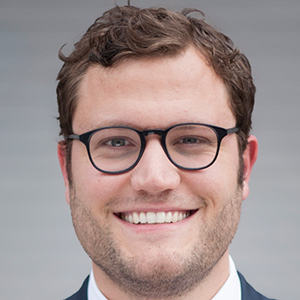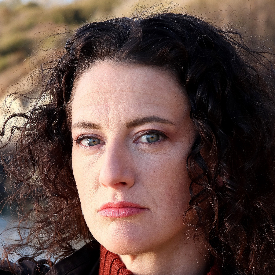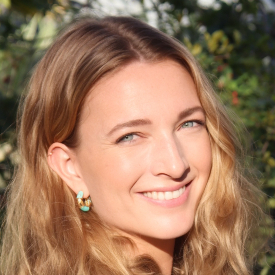Professions where you are paid by the hour are not scalable. A prostitute who charges $100 an hour only has 24 hours in a day. At some point, she will hit a ceiling on her earnings. Similarly, dentists, lawyers, contractors, bakers, and consultants can see only so many clients at a time.
By contrast, scalable professions allow you to make more money without an equivalent increase in labor / time. An author writes a book one time and his effort is the (basically) the same whether he sells 500 or 500,000 copies. A Hollywood actress need not show up at every screening of her movie to make money off it.
Career experts generally favor scalable professions.
Nassim Taleb, in The Black Swan: The Impact of the Highly Improbable, offers the opposite advice: pick a profession that is not scalable.
A scalable profession is good only if you are successful; they are more competitive, produce monstrous inequalities, and are far more random with huge disparities between efforts and rewards — a few can take a large share of the pie, leaving others out entirely at no fault of their own.One category of profession is driven by the mediocre, the average, and the middle-of-the-road. In it, the mediocre is collectively consequential. The other has either giants or dwarves — more precisely, a very small number of giants and a huge number of dwarves.
In other words, the scalable professions tend to be winner-take-all-markets. J.K. Rowling makes a ton of money, but most authors make a pittance, whereas almost all dentists can etch out a good living that’s similar to most other dentists.
Put yet another way, scalable careers produce extreme outcomes (fat tails both left and right), whereas non-scalable professions tend to have a higher expected value with lower variance.
Taleb advises non-scalable careers because he attributes so much of one’s success in scalable careers to randomness and luck, much more so than your typical career advisor who will talk endlessly about how hard work and persistence can make any dream come true.
So what’s your risk tolerance? Are you looking for massive professional and financial success or would you be happy with a surer small slice of the total pie? Do you see huge success as significantly dependent on circumstances out of your control?
This is related to my old post on parenting styles. If you want to guarantee your kid is not a fuck up and leads a productive and “successful” life, be totally overbearing and induce lots of stress early on. If you want to give your kid a chance to end up in the history books, give him a long leash and excessive freedom to explore, but be aware that with freedom comes risk — he could more easily get into drugs and alcohol, for example.
Bottom Line: If you swing for the fences, you’ll either hit a home run or strike out. If you swing for a single or double, you’ll probably get there, but no farther.































